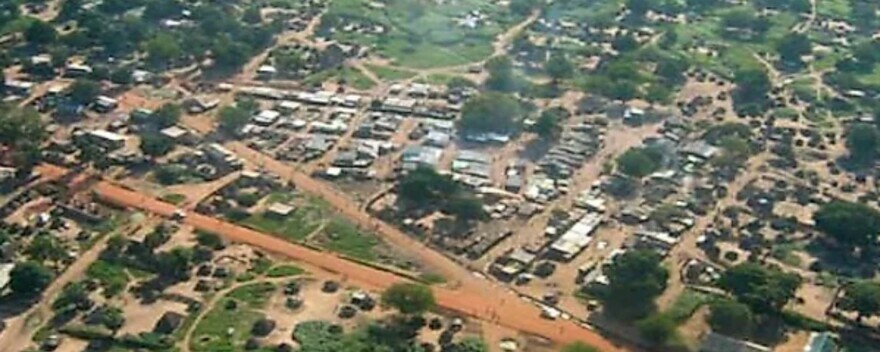Lawmakers at the Central Equatoria State Legislative Assembly have voiced concerns regarding the escalating cases of land grabbing, particularly in Juba County.
Their apprehension stems from a report presented to the legislative body on Tuesday by members of the Juba County Parliamentary Caucus which identified land grabbing as a primary contributor to insecurity within Juba County.
The report highlighted a disturbing increase in cases of land grabbing, particularly in the payams of Kworojik, Luri, Mangala, and Lobonok, among others.
Mary Elias Lado, a legislator representing Juba County, said her county was the most affected in South Sudan when it comes to land disputes.
“The issue of land grabbing has reached a point where landowners are branded supporters of the rebel National Salvation Front (NAS) when they advocate for their rights. An incident in Mangala saw youth labeled as NAS (members) simply because they defended their land against cattle herders,” she revealed. “In Juba, if you speak out about land issues, you risk being falsely associated with NAS, and the security situation is dire.”
During their deliberations, the state parliamentarians recommended that the state Ministry of Housing and Physical Infrastructure and the Ministry of Local Government and Law Enforcement, establish measures to curb the rampant cases of land grabbing, which have in some instances resulted in the loss of lives.
Among the recommendations was the call for the state government to reclaim public land, including playgrounds and other open spaces, and put them to their intended use.
Another legislator, who only identified himself as Juma, faulted certain chiefs for their alleged involvement in the unauthorized allocation of land to individuals. He highlighted that, according to the transitional constitution of South Sudan, land belongs to the community and is regulated by the government. However, the report indicated that some chiefs were implicated in land-grabbing activities.
“As a government, what is the role of these chiefs because it appears that any individual who becomes a chief assumes the overarching responsibility of land distribution?” Juma asked.
He further called upon the state parliament to ensure that chiefs in the state were educated about their roles and responsibilities.




